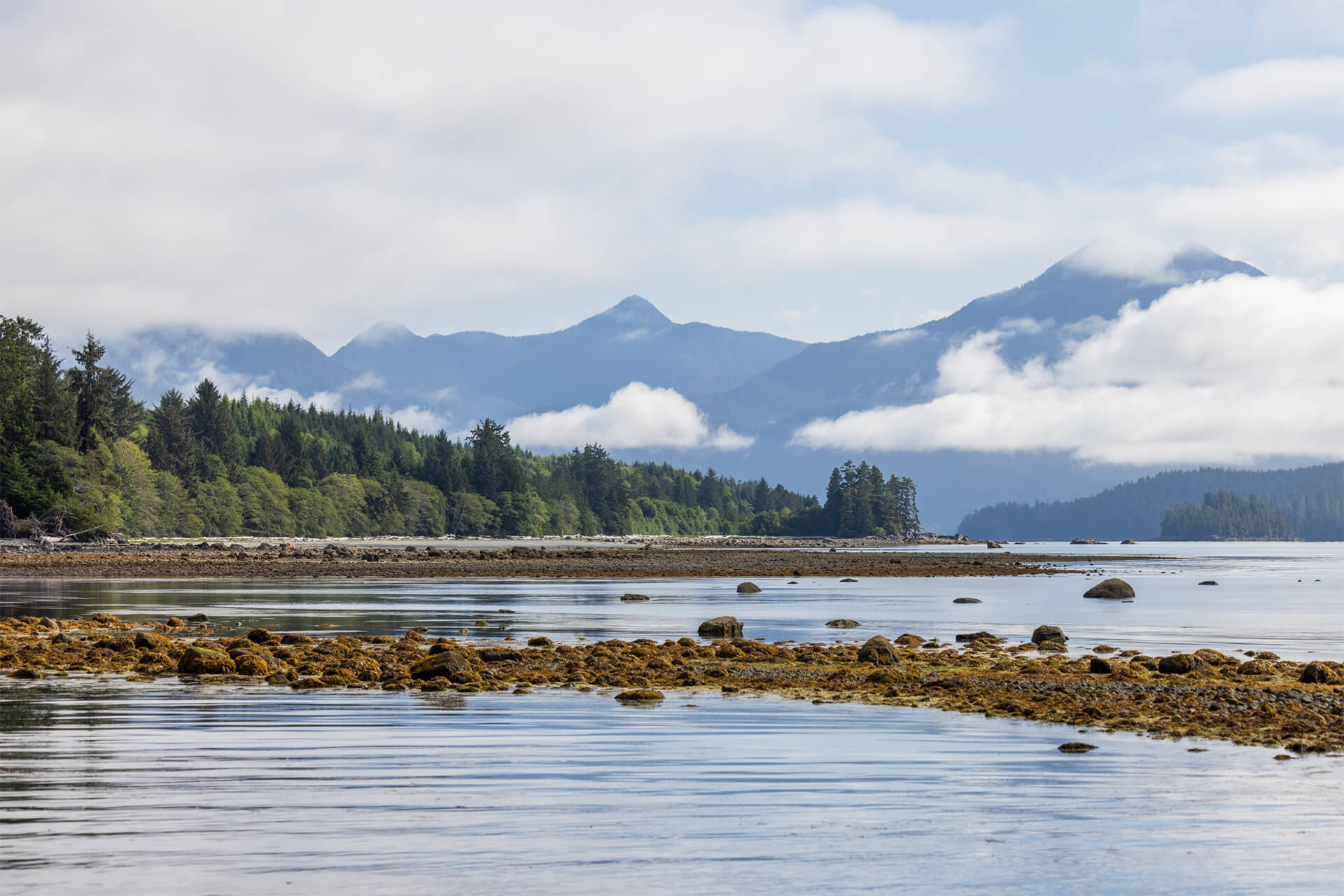B.C. is rising to the challenge of climate change
CleanBC is government’s plan to lower climate-changing emissions by 40% by 2030. We are already making progress but the scale of the climate emergency we are living through demands that we act with urgency. No one person, Indigenous community, or government can turn things around on their own. It will take all of us doing our part to overcome this historic challenge.
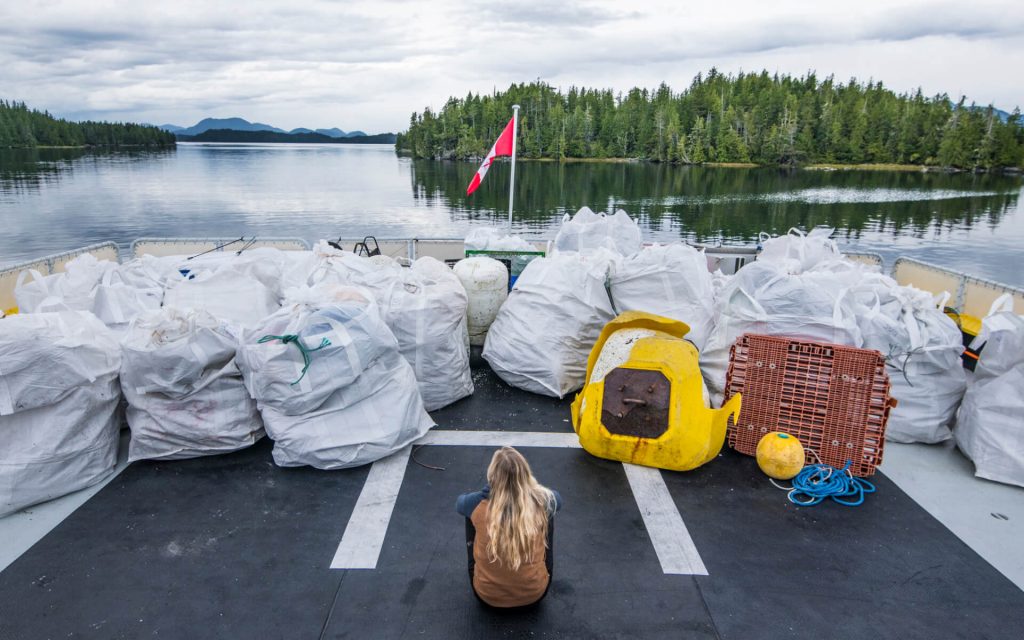
Actions our government is taking
We’re making progress toward reducing emissions. We’re also working hard to prepare for the future.
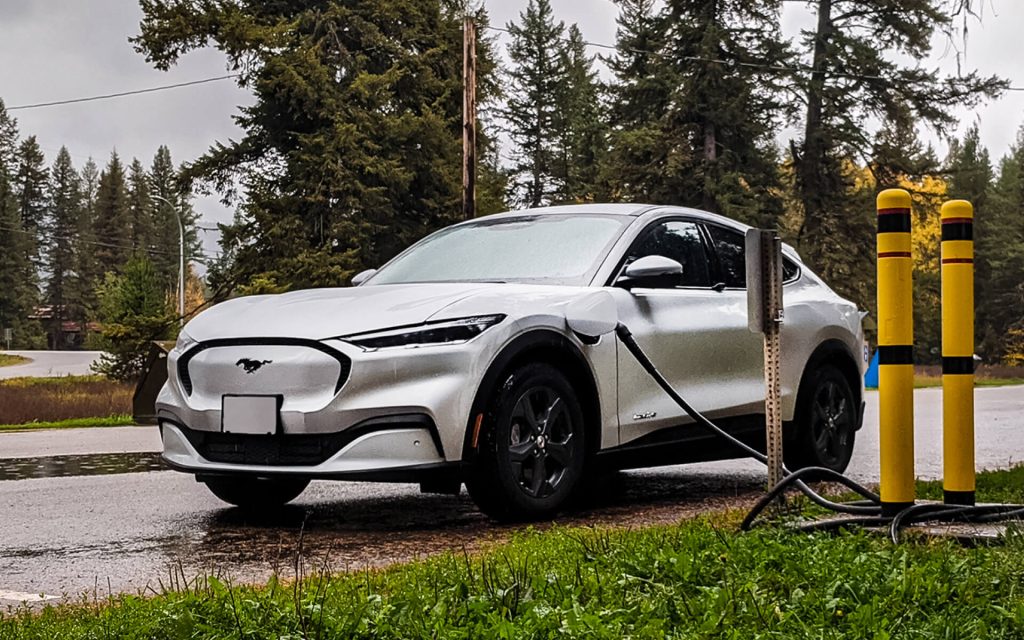
Rebates and incentives
CleanBC programs can help you reduce your emissions and your impact on the climate.
How efficient is your home?
Your home can be energy efficient, resilient and comfortable in all weather. The BC Home Energy Planner can help.
Learn more about how your home uses and loses energy.
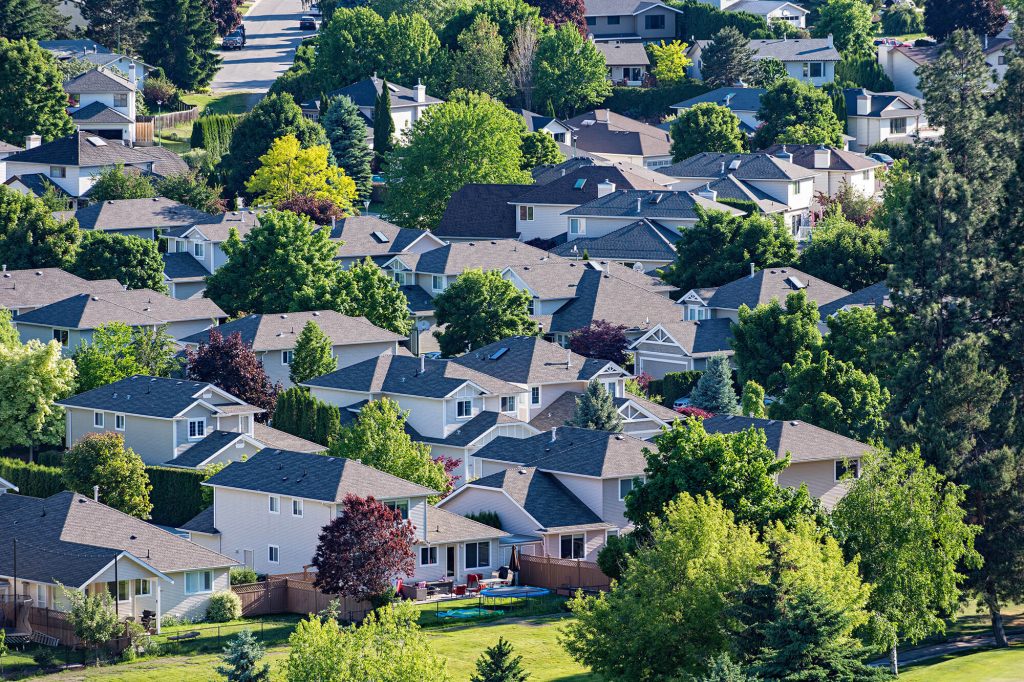
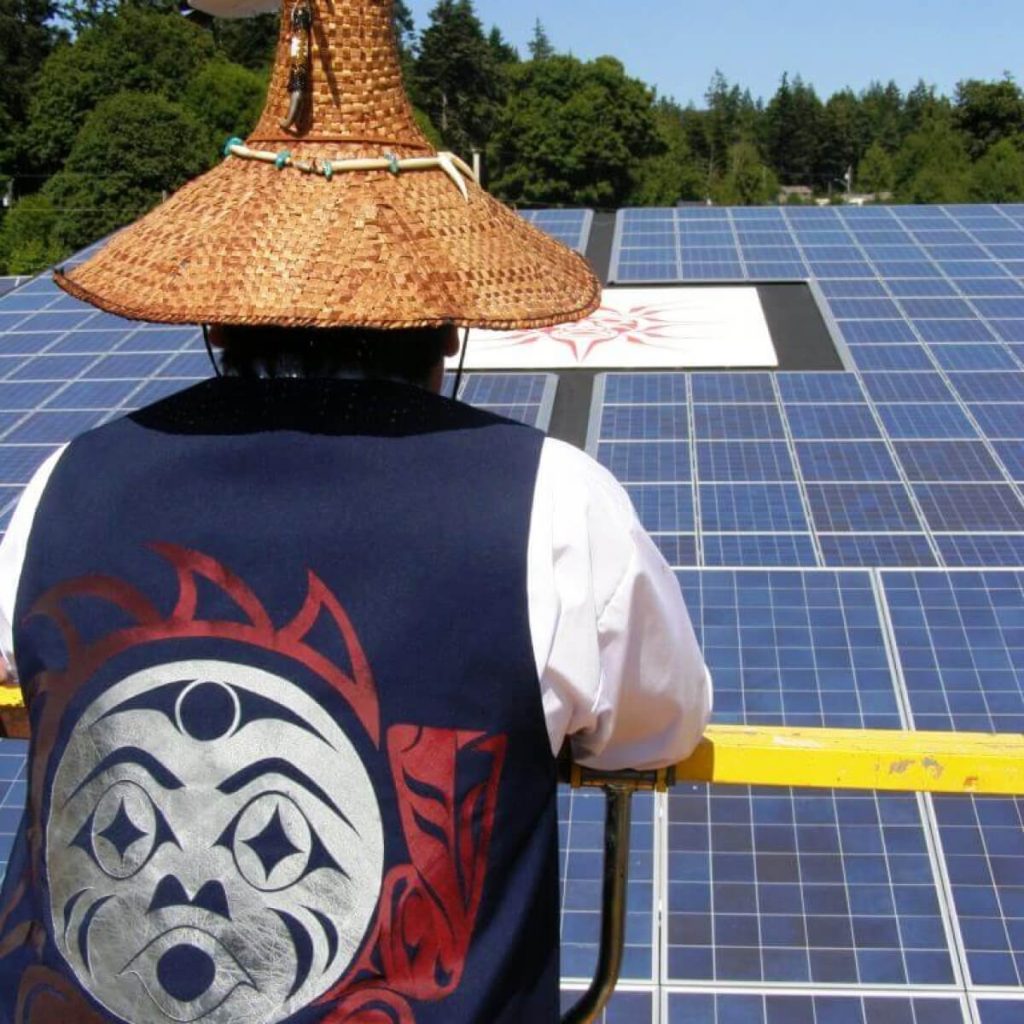
Working in partnership with Indigenous Peoples
Indigenous Peoples have unique needs and relationships with the land and water. Working together, we are finding more ways to make all our communities healthy, sustainable and safe from climate impacts.
Learn more about climate change in B.C.
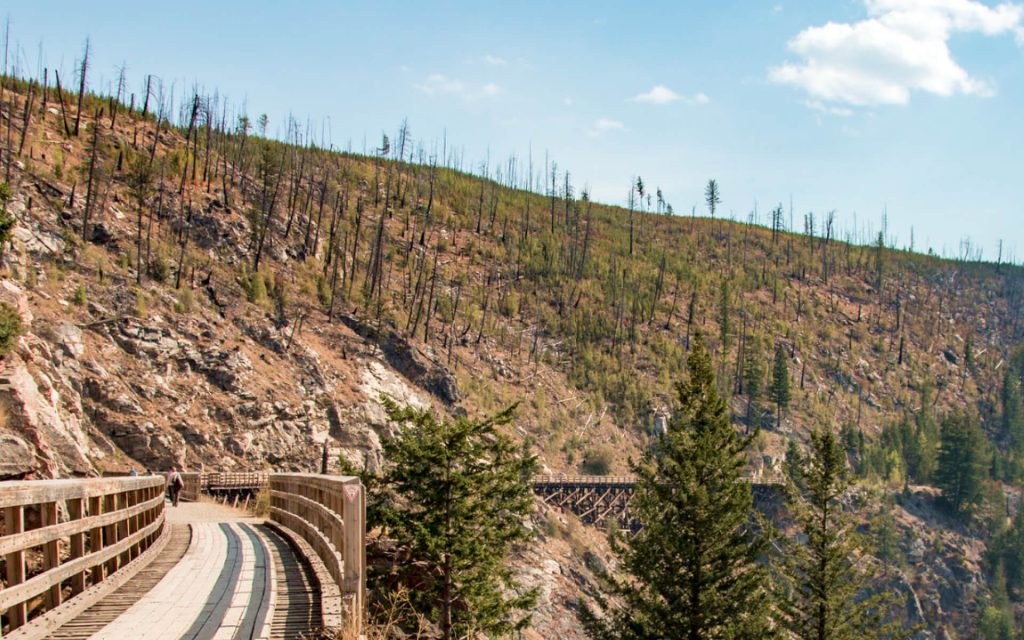
About climate change
Learn what climate change is, how it happens, and how it’s showing up in B.C.
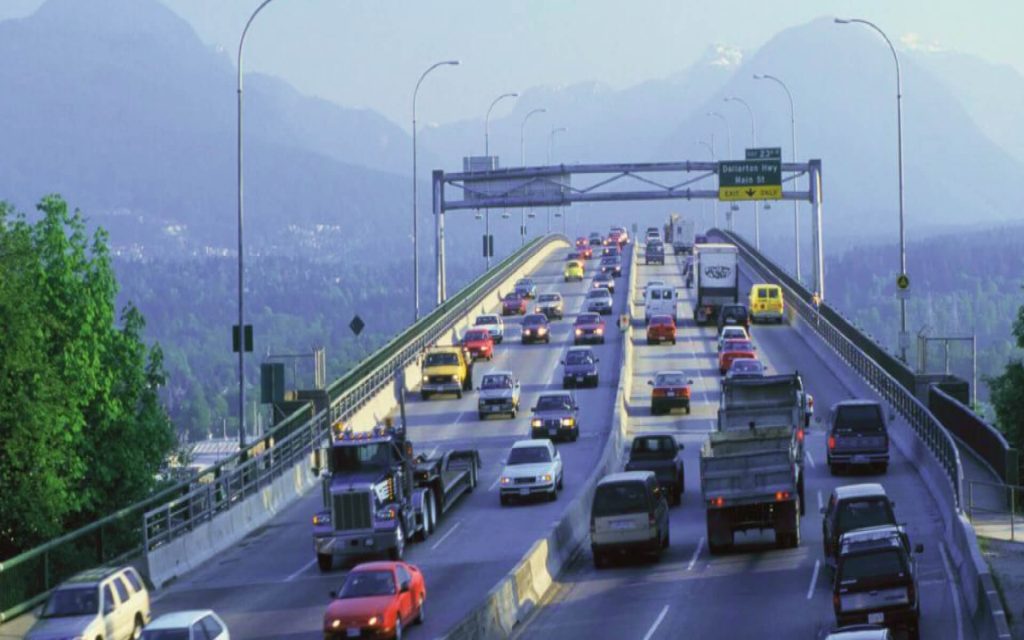
Drivers of climate change
Learn what humans are doing to cause climate change.
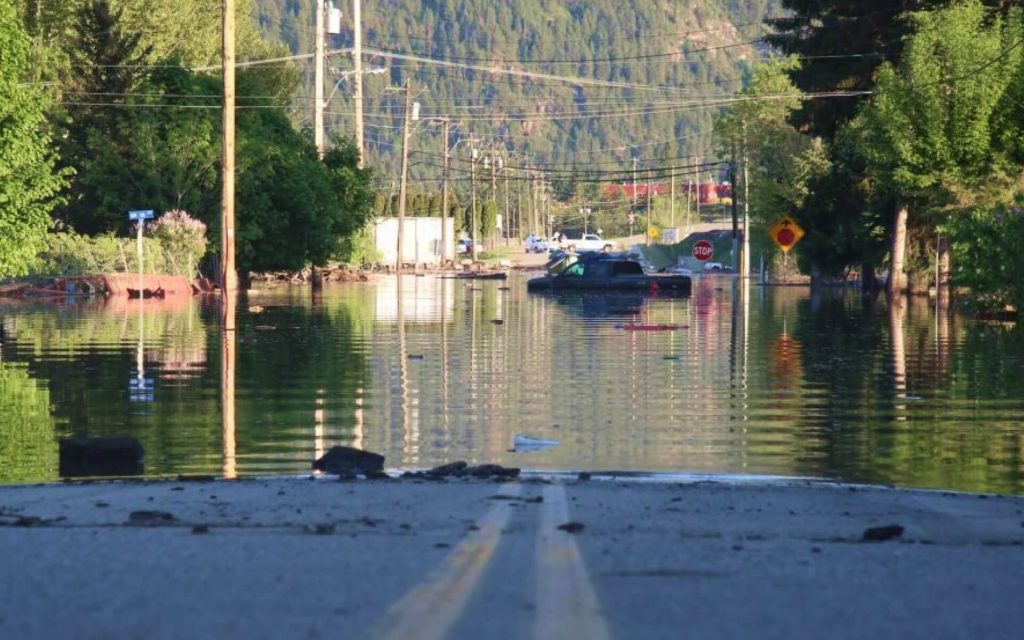
Impacts of climate change
From gradual shifts to climate emergencies, learn how climate change affects B.C.

